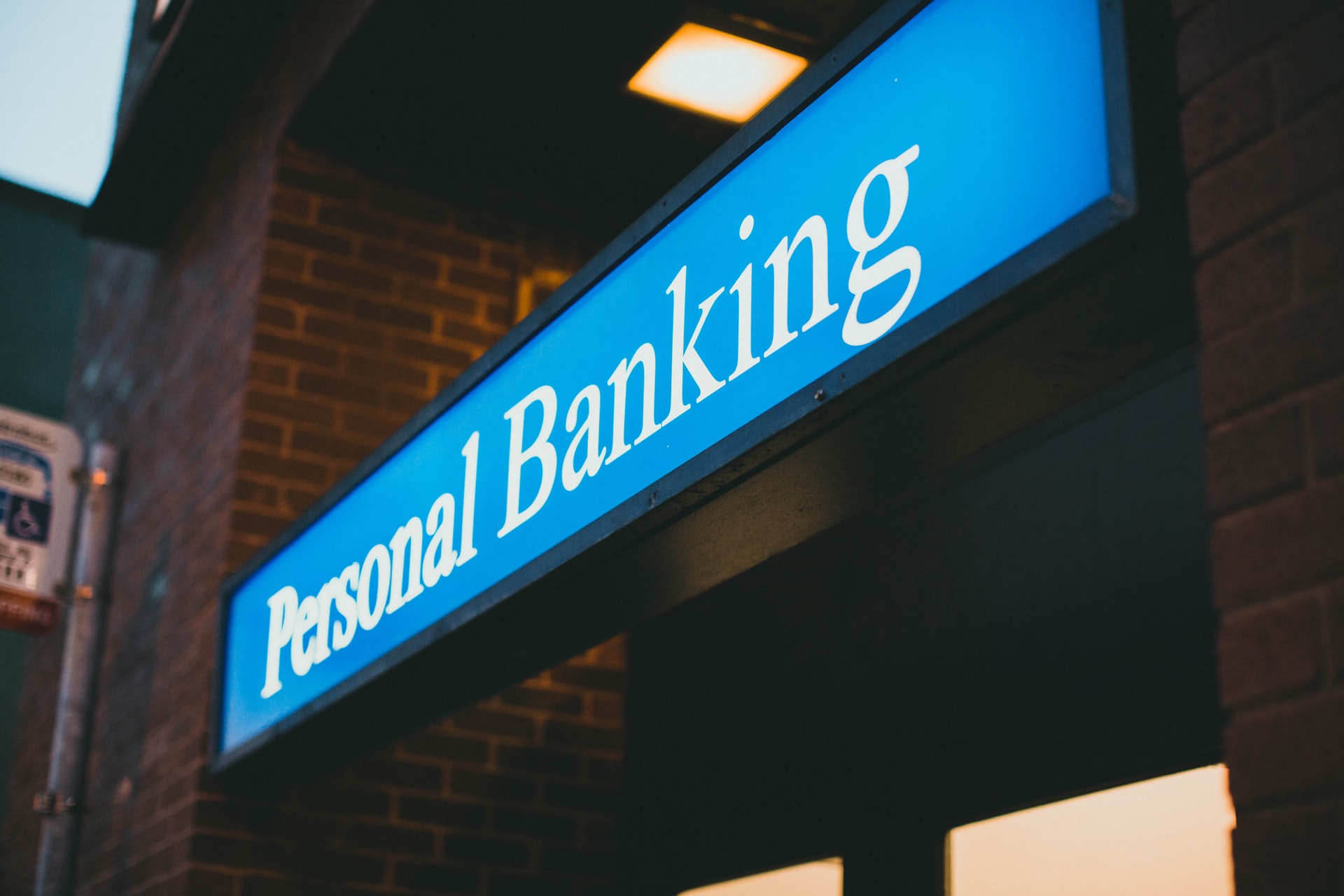A bank account provides you with an accessible place to store your money. You can check your funds online and use them for purchases. Bank account holders can quickly pay off credit card debt instead of letting it accumulate. Most importantly, a bank account can inspire you to practice good habits like saving money. College and high school students would both benefit from online bank accounts. We’ll share some important details if you are a student looking for a bank account.
Are There Bank Accounts for College Students?
Financial institutions appreciate long-term wealth-building strategies. These institutions invest in people and offer attractive perks for college students who open bank accounts. These perks may range from debit cards to lenient overdraft fees. Most financial institutions don’t make much money from college students, but they hope you will continue using them long after you graduate.
Reasons Why College Students Need a Bank Account
Money is an essential resource that you can exchange for goods and services. A bank account keeps you organized and makes it easier to store your money. Bank accounts have more protection than a hiding spot and are accessible at any time. If you’re short on change, you don’t have to rush back to your house. College students with bank accounts have several ways to cover the difference.
Some students will have a credit card and pay the difference. These students can go into their bank accounts later in the day and repay the debt. Students can also go to a nearby ATM and withdraw cash. Using an ATM can save a lot of time if you’re in the city, and it would take an hour to get to your dorm. You’ll have to buy food, water, and other necessities during your time on campus. A bank account makes it easier to facilitate those purchases consistently.
Bank accounts don’t only help with spending money. You can save money for financial goals such as paying student debt and buying a house. Some banks and platforms let you create multiple accounts, enabling you to allocate funds for each objective. For example, you can create checking accounts for everyday expenses, student debt repayment, a down payment, auto loan, and any other goal. Separating your goals into categories helps you track progress on each one instead of clumping your funds into a single account.
Benefits of a Student Account
A student bank account comes with favorable terms to attract long-term bank holders. You will have a place to save money and earn interest. While most banks have interest rates too low worth mentioning, others offer up to a 4% bonus on your savings account. If you have $1,000 in the bank and don’t touch it, you’ll have more than $1,040 within 365 days.
Some bank accounts also come with mobile check deposits. If you receive a check from your employer, you can take a picture of it, and the funds will go into your account. This technology will save you a trip to the bank and make the funds more accessible. Financial institutions also incorporate cybersecurity technology to keep your funds safe. You might forget money in your dorm, or someone may steal your hidden cash during a dorm party. A student bank account lets you protect your hard-earned money, access it anywhere, and earn interest.
You will need a bank account after you get out of college to store money and cover expenses. Creating a bank account now puts you ahead of the game and unlocks several perks.
What To Look for in Choosing Bank Accounts for College Students
Bank accounts offer students significant financial advantages, but you don’t want to get a bad deal. Some financial institutions have hidden fees and don’t offer enough features. We’ll walk through some key elements to review when assessing your options.
Fees
Some banks don’t charge any fees for college students. Financial institutions use more attractive terms in the beginning to get long-term customers. Other banks may charge excessive fees that eat away at your savings. Compare costs across each bank and see how you can avoid them. You won’t get hit with overdrafts or insufficient fund fees if you don’t spend past your balance. You can also evade monthly maintenance fees by having a minimum balance or making enough transactions. Check each bank’s monthly fees and policies.
Interest Rates
Banks reward you for trusting them with your money. Unfortunately, the reward isn’t much. The average interest rate on a U.S. checking account is 0.03%. It’s baffling to see many financial institutions offer rates this low. If you save $1,000, you would eke out a $0.30 interest payment.
Account Minimums
Some banks have account minimums you must maintain to keep your account open and avoid fees. However, most financial institutions offer manageable or nonexistent account minimums. Review each bank’s minimums and determine if you can save sufficient funds in your account.
Balance Requirements
Some banks use account minimums to establish rules on fees. Others require a certain balance to keep your account open. Closing a bank account can negatively impact your credit score, and many banks charge an early closure fee. The bank may charge you if you close your account shortly after opening it. Maintaining the minimum balance requirements can prevent an early closure and establish healthy money habits.
Overdraft Policy
A bank’s overdraft policy can protect you from insufficient fund fees. If you have multiple checking accounts, and one of them has insufficient funds, some banks will move the funds from your other checking account to cover the difference. This measure can protect you from paying extra fees, but some banks offer more perks.
Digital Experience
Nearly every financial institution lets you access your account balances and make transactions through a mobile app. While it’s a revolutionary capability, it’s no longer anything special. Some banks have exceeded this minimum requirement by creating enticing digital experiences. Lowering expenses will help you save more money for long-term financial goals and have less money stress in your life. Review each one’s features, customer service reviews, and digital experience. You should get far more than a place to store your money.
ATM Network
Many college students withdraw money from ATMs. Some colleges have ATMs on campus that make getting cash from your bank account convenient. Financial institutions with limited ATM networks give you less flexibility. You should check for the closest ATM that accepts your bank account. If the ATM is too far away, consider another bank account.
Rewards and Other Benefits
Some banks offer rewards and other perks for spending and saving money. You may get cashback on every purchase, attractive interest rates, and more. Compare rewards and other benefits across financial institutions to determine which one is the most attractive.







